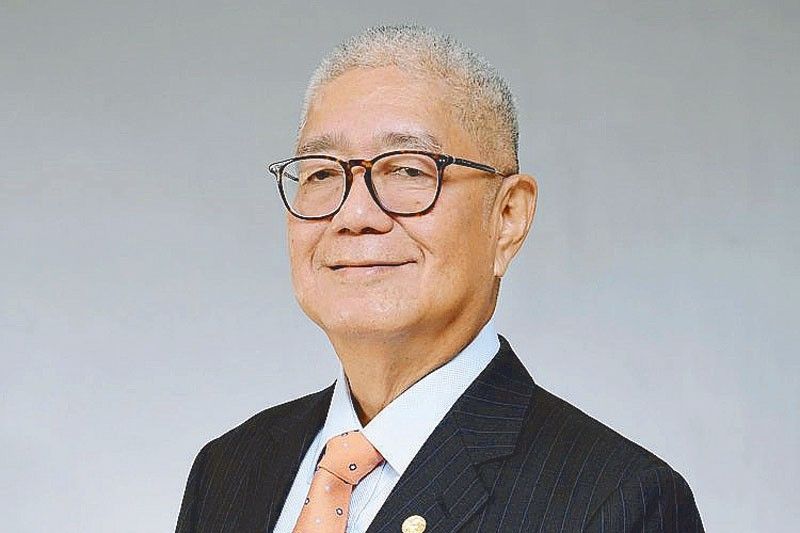BSP not ruling out 25-bps hike in November

MANILA, Philippines — The Bangko Sentral ng Pilipinas (BSP) is not ruling out a 25-basis-point hike in key policy rates next month as inflation accelerated for the second straight month, to hit a five-month high of 6.1 percent in September from 5.3 percent in August.
In a press conference, BSP Governor Eli Remolona Jr. said there was room for further policy tightening as higher interest rates have not affected the country’s economic growth prospects.
“I would not rule out a 25-basis-point rate hike,” Remolona told reporters.
The BSP emerged as the most aggressive central bank in the region after it raised key policy rates by a total of 425 basis points between May last year and March this year to tame inflation and stabilize the peso.
As inflation eased for six straight months after peaking at 8.7 percent in January while the peso bounced back to the 53 to $1 range last February, the BSP Monetary Board maintained a hawkish pause as it left interest rates untouched since May this year.
Inflation averaged 6.6 percent from January to September, well above the BSP’s two to four percent target range, after quickening for two straight months due to soaring oil and food prices.
Monetary authorities can’t tell if inflation will ease within the target range as early as November due to last month’s spike.
“I’m not sure right now. But yes, that was a very significant spike in the headline number. But the core number went down a little bit. So that’s encouraging. For us the core number is what reflects monetary policy, but the headline number could affect expectations, and then we have to worry,” Remolona said.
Based on earlier estimates, the BSP said inflation would return to the two to four percent target by the fourth quarter of this year.
In its last assessment on Sept. 21, the BSP raised its inflation forecasts to 5.8 percent from 5.6 percent for 2023 and to 3.5 percent from 3.3 percent for 2024.
With the inflation outturn in September, the central bank is likely to revise upward the inflation projections during the next rate-setting meeting of the Monetary Board scheduled on Nov. 16.
“The upside risks that we feared, some of them have materialized already. One thing we were worried about was a transport fare hike, and that has happened. I wouldn’t say that we’re done with the tightening. I would say it’s a serious concern whether supply-side shocks would have a lasting impact. Normally, they don’t have a lasting impact, but once they get into expectations, once they get into wages, it becomes an issue for us,” the BSP chief said.
Remolona explained that monetary authorities were able to control the demand side.
“Of course we only control the demand side. And for now we think tightening has relieved pressure from the demand side. So far we think it hasn’t really affected our growth prospects,” he said.
The country’s gross domestic product (GDP) slowed to 4.3 percent in the second quarter from 6.4 percent in the previous quarter, and 7.5 percent in the second quarter last year due to elevated prices and interest rates that dampened consumption, as well as the contraction in government spending.
The economy grew by 5.3 percent in the first half, lower than the six to seven percent target penned by economic managers.
Last week, National Economic and Development Authority Secretary Arsenio Balisacan warned that further rate hikes could hurt the economy amid high inflation.
“If I were in the Monetary Board, I would say no (to rate hikes). We have been most aggressive in our region in raising interest rates,” Balisacan earlier said.
Remolona said Balisacan was against aggressive rate hikes.
“I don’t think Arsi’s (Balisacan’s) views and our views are that far apart. I think what Arsi really meant was we shouldn’t go for very aggressive hikes, but I wouldn’t rule out 25 basis points for example,” Remolona said.
- Latest
- Trending



























